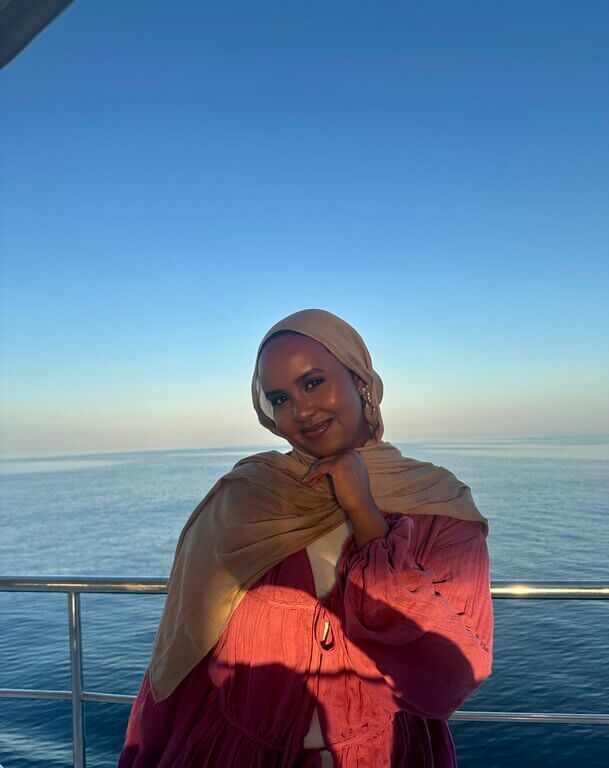

As a child, I would immerse myself in newspapers and documentaries to expand my shrunken sense of the world. This curiosity, paired with my long-standing love for writing and storytelling, led me to pursue a career in journalism.
While at the University of Birmingham, I contributed to the Redbrick paper and reported on local stories for Migrant Voice and IAmBirmingham. Securing a place on The Guardian’s Positive Action Scheme was transformative, as it provided my first experience in a newsroom alongside seasoned journalists. These opportunities not only equipped me with practical skills but also cemented my aspiration to become a journalist.
Working with refugees and people seeking asylum in the charity sector further enlightened me about the realities faced by refugees and people seeking asylum. This experience deepened my dedication to social justice and motivated me to highlight the more uplifting stories of those demonised by the media. It also exposed me to the countless individuals and grassroots groups working tirelessly to oppose the hostile environment policies. Alongside work, I’ve freelanced for publications like JournoResources and Amaliah and worked as an election stringer for ITN.
Receiving the Scott Trust Bursary is a pivotal opportunity for me to grow as a journalist and be a part of a network of talented journalists. Without the financial support from The Guardian Foundation, I wouldn’t be able to break into journalism and start my career. I’m incredibly excited to pick up multimedia skills during my MA at Leeds Trinity and to apply them during work placements at The Guardian.
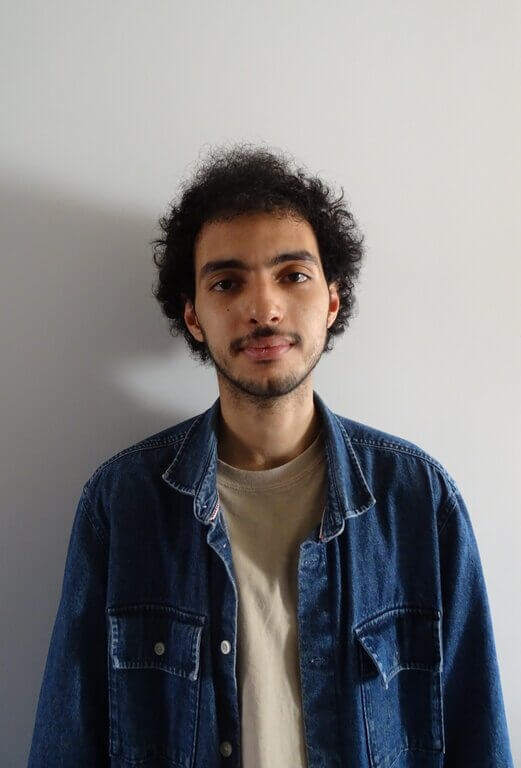
The world continues to go through turbulent times, and it is precisely in these moments that the need for accurate and ethical journalism is at its most urgent. Yet, these same moments have also highlighted a dissonance across media coverage that then plays out in the public discourse. How do some groups become dehumanised? Why do certain events make the front page whilst similar stories are left scrapping for a line or two? As a journalist, I want to get to the heart of how these narratives are formed and do my best to ensure that the people who feature in the media are able to shape how the media features them. Since joining a newspaper club at school, I often viewed journalism as a platform to share experiences and encounter different perspectives. It’s that same spirit that I seek to bring to my work.
The first thing any budding journalist needs is a portfolio. In my case, I set about building one by teaming up with some fellow students to co-found and edit an independent student magazine in true DIY fashion. It was a real labour of love, from commissioning and drafting articles to securing funding and managing distribution. Seeing how connections were developed over time between the publication and our readership really brought home the societal impact that accountable journalism can have. After graduating, I tried out different specialisms - including arts and consumer affairs – and thanks to The Guardian’s Positive Action scheme, set foot into a national newsroom for the first time.
Even without the sweeping change that the media landscape has been (and is still) going through, journalism remains a challenging profession to break into – especially for aspirants from working-class and minoritised communities. It left me questioning whether this could ever be a viable career path to pursue. The Scott Trust Bursary and Guardian Foundation have been key to enabling access for a new generation, but it’s also a reminder of enduring issues of representation within our newsrooms. With the scheme, I hope to play a part in contributing to a media that better reflects the diversity of its audiences.
At Sheffield, I look forward to joining other aspiring journalists in learning from experts in the field, applying new techniques to my work and future-proofing my skills for the multimedia age.
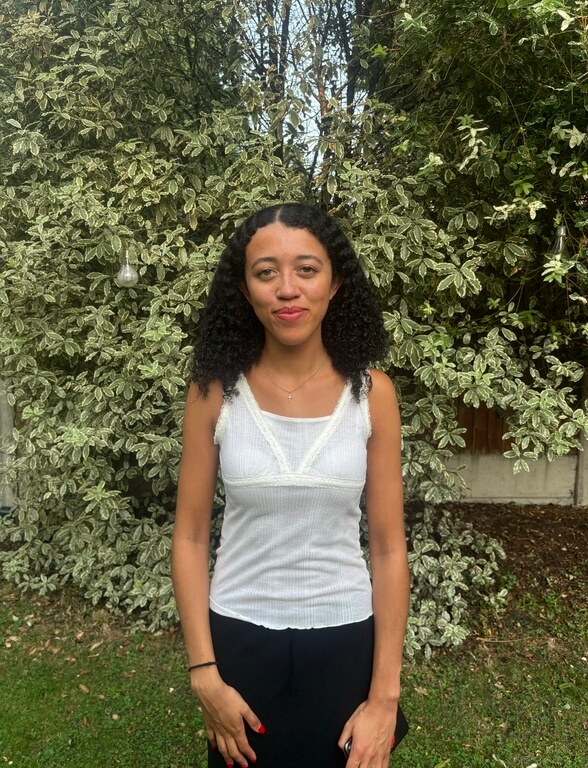
Whilst I was studying for my undergraduate degree at King’s College London I began writing features and essays for independent blogs online. Although I hadn’t seriously considered becoming a journalist at that time, the idea of writing and editing for a media publication persisted in being the only thing I could see myself doing professionally.
After graduating, this inkling led me to work for an independent, community magazine based in the London Borough of Tower Hamlets called Roman Road LDN. This was a foundational learning curve which taught me how to write news, features and report on individuals and organisations within the local community - helping to bring their stories to a wider audience.
Following that, I landed an internship at the Financial Times Weekend Magazine; an incredible opportunity that exposed me to the inner-workings of a major international media publication. I learnt how to craft and edit long form articles, and bring a weekly magazine into fruition online and in print.
Journalism is a notoriously difficult industry to crack. This scheme will provide me with the necessary access and financial backing to bolster my pre-existing skill-set as well as enhance my job prospects. I’m most excited to meet new people at various stages in their careers, both at Goldsmiths and at the Guardian. In particular, and gain hands-on experience in different aspects of journalism that I haven’t yet had the opportunity to try out such as data journalism and podcasting. Overall, I’m heading into this with an open mind and aim to form a sturdy foundation from which I can build a sustainable, long term career in journalism.
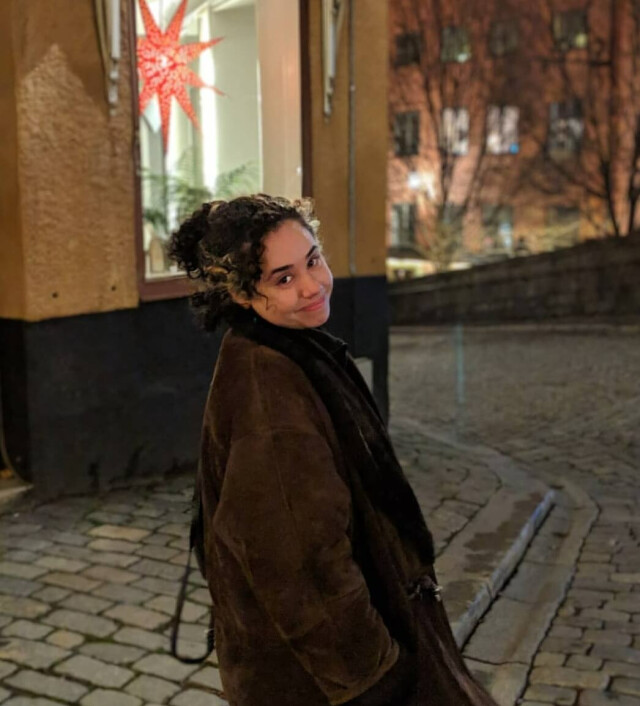
I have danced around a career in journalism for the last nine years, pursued a career in communications for a range of left wing organisations & became a go-to point of contact for journalists. Foremost, I have spent my career thus far saying a lot for others and I value the power that journalism can wield and believe that it is the most direct mode of communication that I have not yet pursued.
It’s not the case that I have abandoned the liberation politics of organisations that I have previously strategised the communications of, or that cause-based work is no longer my passion, I am still passionate about communication, but that I am now certain I can be more effective in a profession wherein I am not confined to a single area of work and where I can be guiding architect of the narrative of my message.
The desire to develop my career in the media has been drawn from seeing the importance of effective communication to challenge the status quo. I hope to provide a class based analysis to data journalism in future.
I’ve seen the impact of people like those referenced and respected data journalist, Mona Chalabi and I think we need a variety of people doing that. I am well placed to do that considering my history of illustration, art direction and politics.
I want to continue to communicate in a creative way that makes the kind of statistics that can be impenetrable and jargonistic accessible. I want to bring a class-based analysis to cultural critique, something which I see lacking from the majority of media publications. In our discourse there is a pejorative rhetoric about snobby experts that surfaces when class is mentioned as a vital point of departure from which culture (both ‘low’ & ‘high’) is encoded. Good journalism illuminates and I want to provide critiques that encourage people to take a look at culture through a critical lens. Cultural theorists such as Stuart Hall and Slavoj Zizek have influenced my views on hegemony within power/institutions and popular culture and in my view this is immensely useful in informing our perception of the art and media that surrounds us.
I’m most excited to develop my skillset in a way I never have before and meet people who can help me do that!
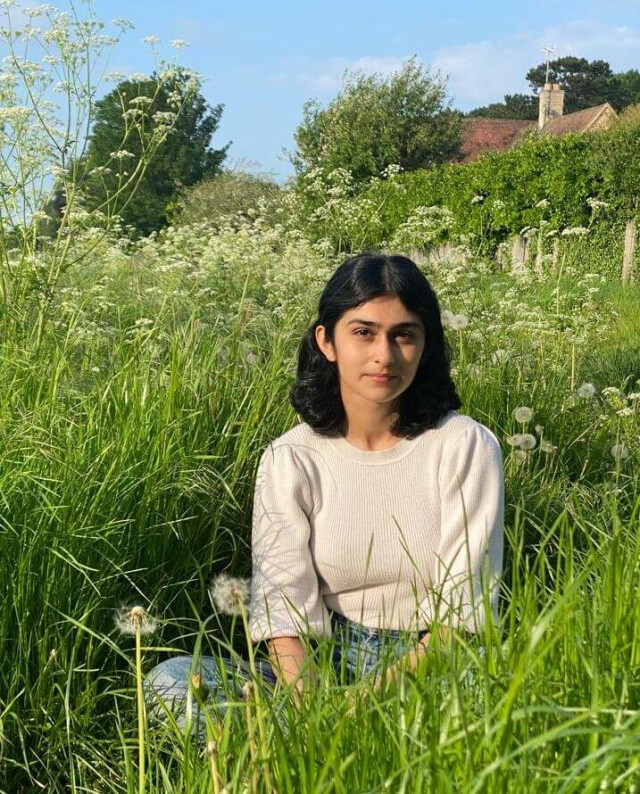
I was nicknamed ‘Question Girl’ as a child for incessantly asking about the ‘why’s and ‘how’s’ of the world. Even now, I find it incredible that I can spend my career, as a journalist, endlessly learning and asking questions about the world.
While studying at Cambridge, I wrote for their student newspaper as a features and interviews reporter. I spoke to local artists and writers as the president of my college’s 100-year old literary society, the first BME woman to hold the role. Through this bursary, I’m excited to bring an accessible, dynamic approach to both arts and political journalism.
Taking part in the Guardian’s Positive Action Scheme last summer allowed me to envision myself as a working journalist for the first time, unimpeded my financial barriers. Since graduating this summer, I’ve been an intern at the Wall Street Journal, developing my skills in editing, managing the paper’s digital platforms, and reporting on the general election.
For a pillar of democracy, newsrooms often fail to reflect the public they are built to inform and serve. Improving diversity in newsrooms should not be about fulfilling a quota. Our presence enhances the quality of the reporting itself. We illuminate long-established, editorial blind-spots and unlock angles of reporting that can better reflect our rapidly-changing world.
During my MA at City, I’m looking forward to learning new methods of sourcing and interviewing, and learning more from experts about data and multimedia journalism. For the first time in my life, I can wholly dedicate my time to honing my craft as a reporter – I honestly can’t wait.
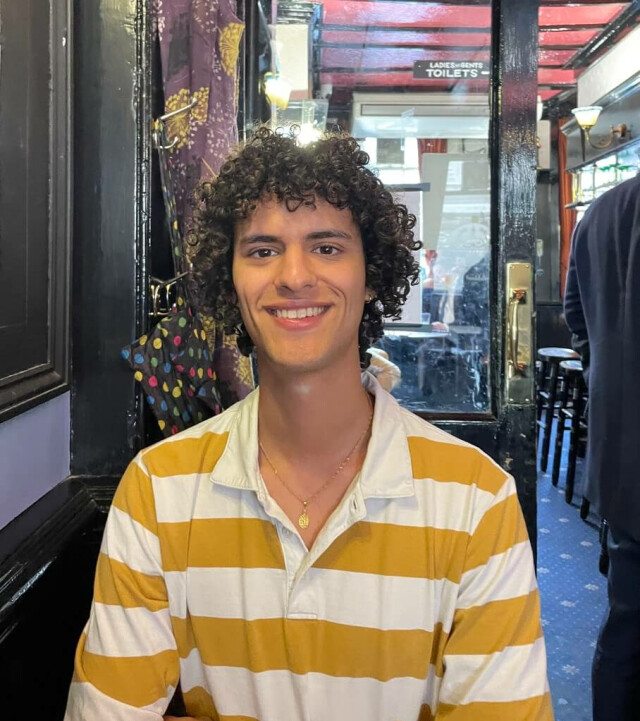
Whilst at university I realised that journalism was a career which would let me keep doing the things I’ve always enjoyed. I want to spend my time meeting people and telling their stories, scrutinising power and finding ways to get better at doing it.
These were things I gained experience in whilst studying at Oxford. Aside from writing essays I spent my time producing student theatre and writing for The Isis Magazine. Eventually I became Editor and worked with a large group of writers, editors, and artists to bring pieces to publication online and in print.
I can’t wait to take this further at Manchester Metropolitan and build a portfolio of pieces which engage with areas of journalism which I haven’t explored before. I’d like to gain more quantitative skills and learn about presenting my work in formats other than the written word.
This scheme is giving me access to the world of journalism in a way I could not have previously imagined. I’m excited by the opportunities that will arise once I have a masters and six weeks work experience at the Guardian under my belt.